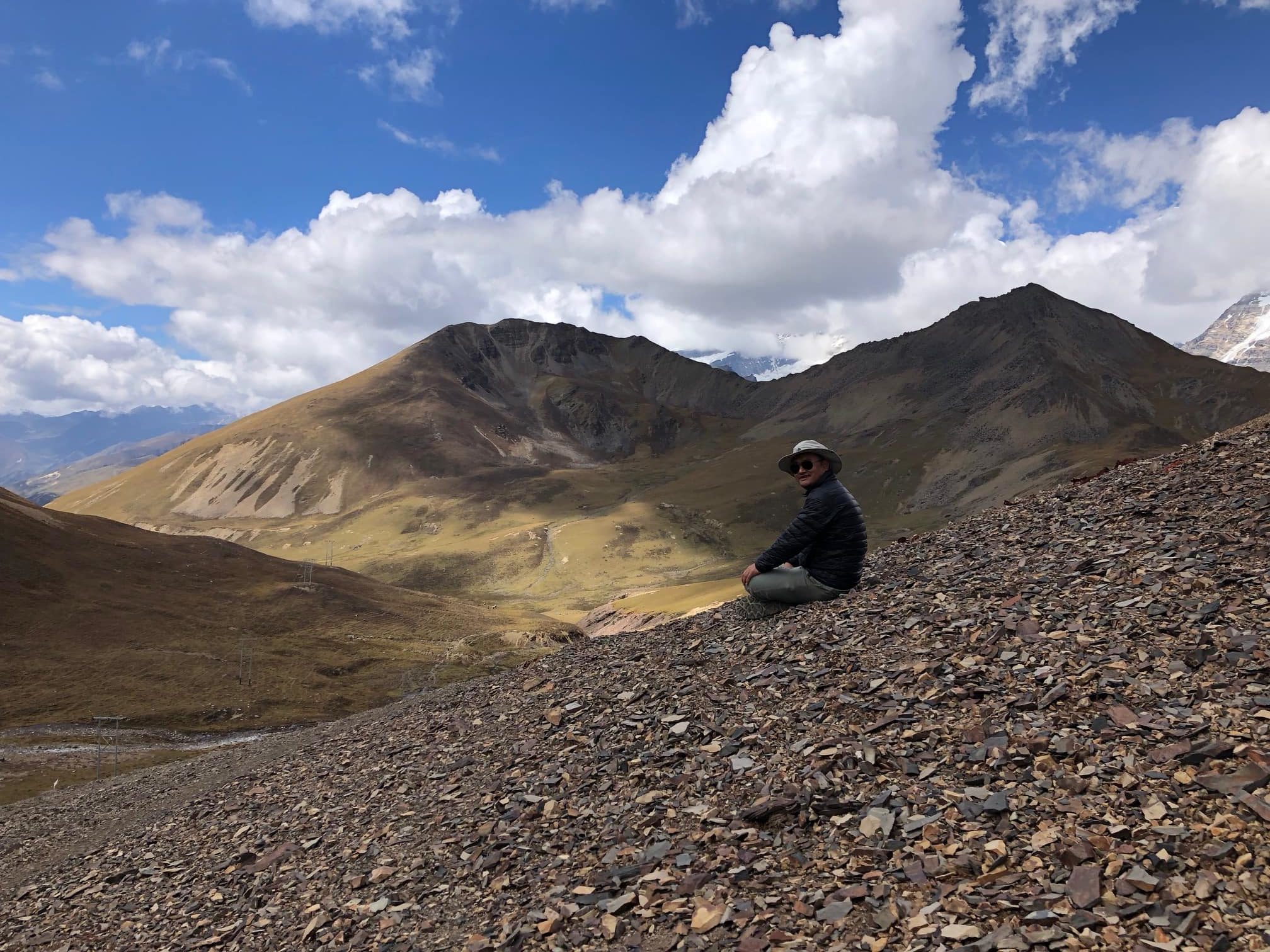
Everyone warned him not to. Both his fellow trekkers and the guides, Andrew, JC and Namgay. He had been told that swimming in these sacred waters would upset the spirits. But he was hot, exhausted and cynical. The rest could only watch as he descended into the lake.
The following morning, when the trekkers convened for breakfast, he looked shaken. He told them that the whole night, he had been plagued by the most terrible dreams, waking up in cold sweats with vivid, nightmarish visions. The guides knew, with quiet certainty, that they had been right.
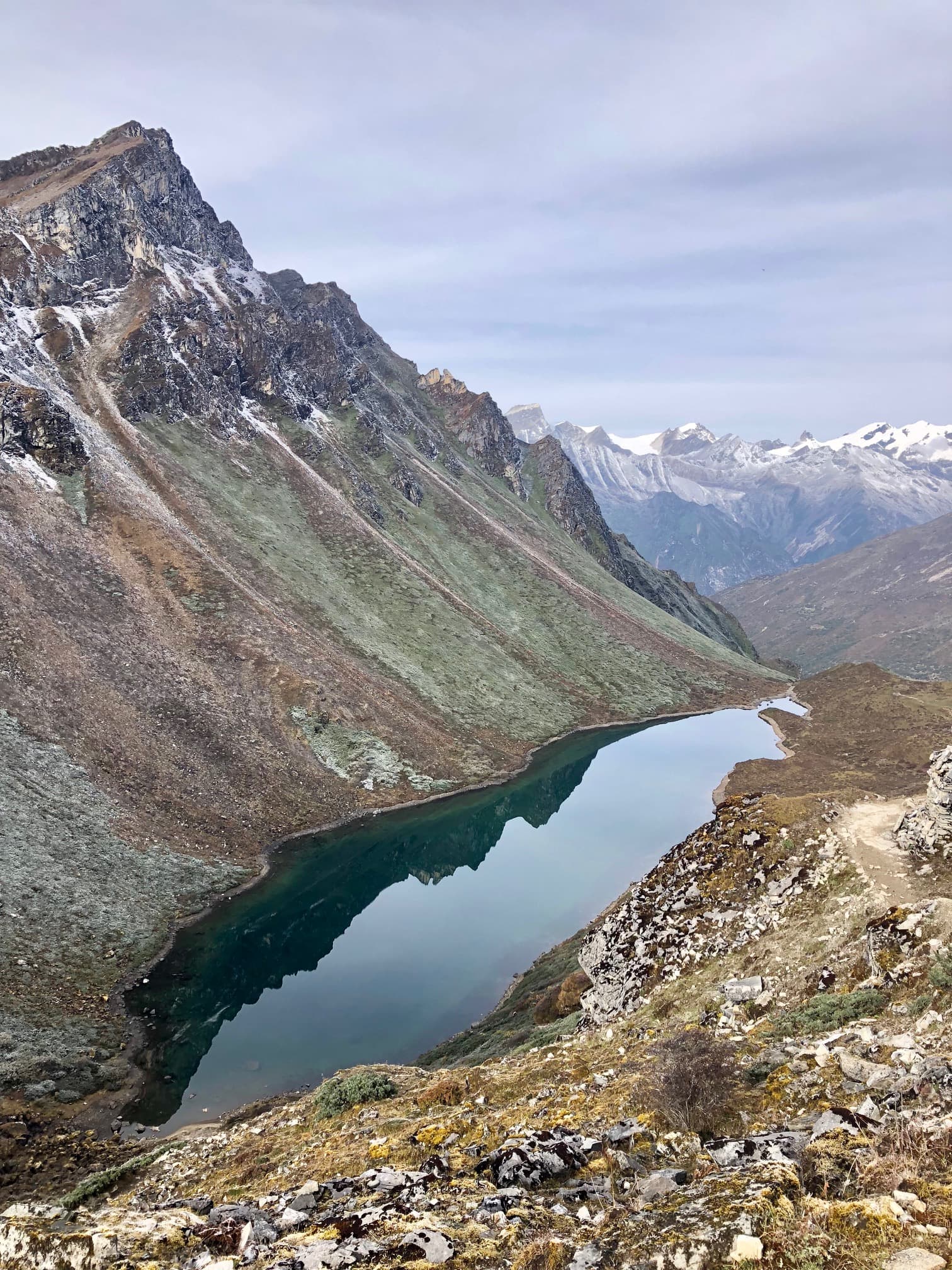
This is a true story that my colleague told me from his time on the Snowman Trek in Bhutan. Worshipping spirits of lakes, rocks or mountains is common practise in Bhutan; it’s just one of the many superstitions that pervade the society. As a traveller, these are fascinating to learn about – so we got in touch with Namgay, one of the guides on the trek, to talk about why Bhutan is so very superstitious (writing’s on the wall), and how superstition affects the Bhutanese in their day-to-day life.
First, a bit of history. Bhutan is a Buddhist kingdom, but their superstitions pre-date the religion. According to Namgay, the Bhutanese believe their superstitions stem from “BON” (animism), which was the main religion in Bhutan before the arrival of Buddhism in the 8thcentury. “These beliefs have been passed down for generations,” Namgay tells us. “We believe them because we are brought up with all these stories.”
Along with worshipping spirits, Namgay describes a few of the most common superstitions in Bhutan. Dreams are very significant for the Bhutanese – “we believe seeing bad dreams have a direct impact on our daily life, therefore we perform rituals and ceremonies as a spiritual deterrent.” Namgay tells us that travellers are always particularly fascinated by the Bhutanese readings of dreams and will often relay theirs for interpretation (tactfully, he stays vague if the meaning is ominous!) Other common beliefs in Bhutan are perhaps more niche: for example, you must not eat from men or women’s hands for one year after their spouse has died, otherwise there is a chance you could be poisoned.
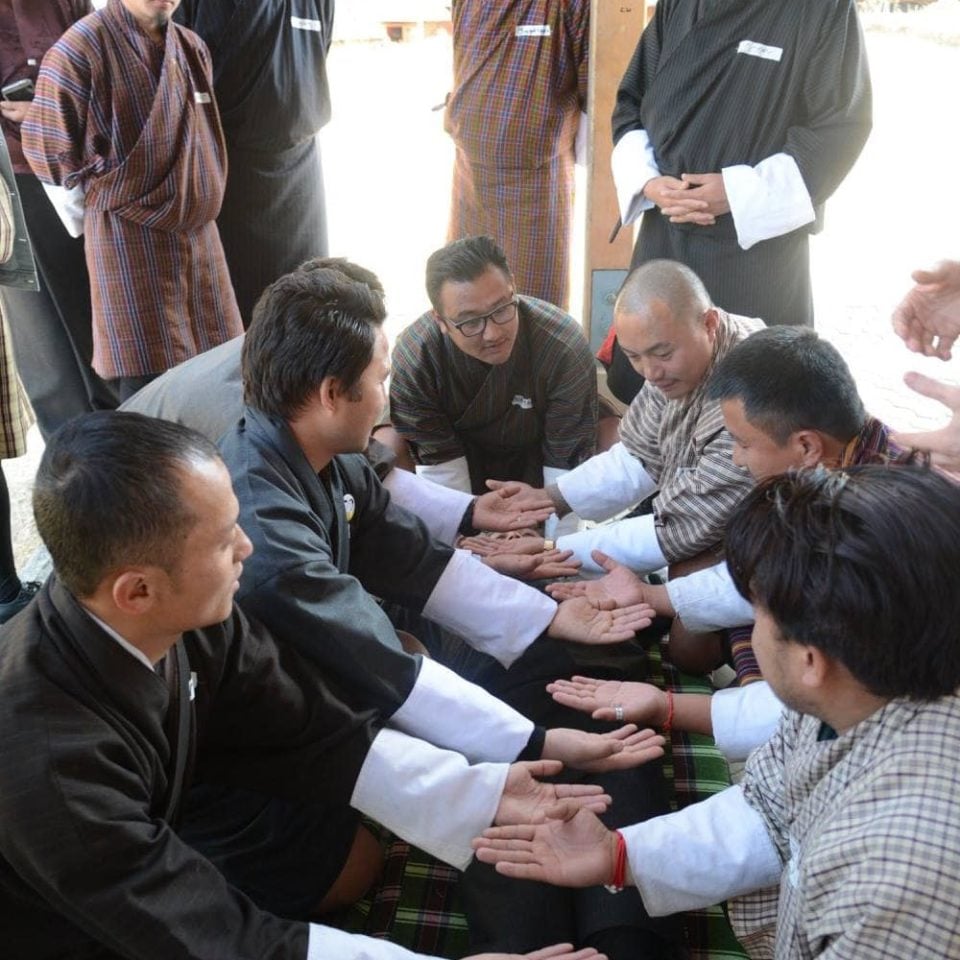
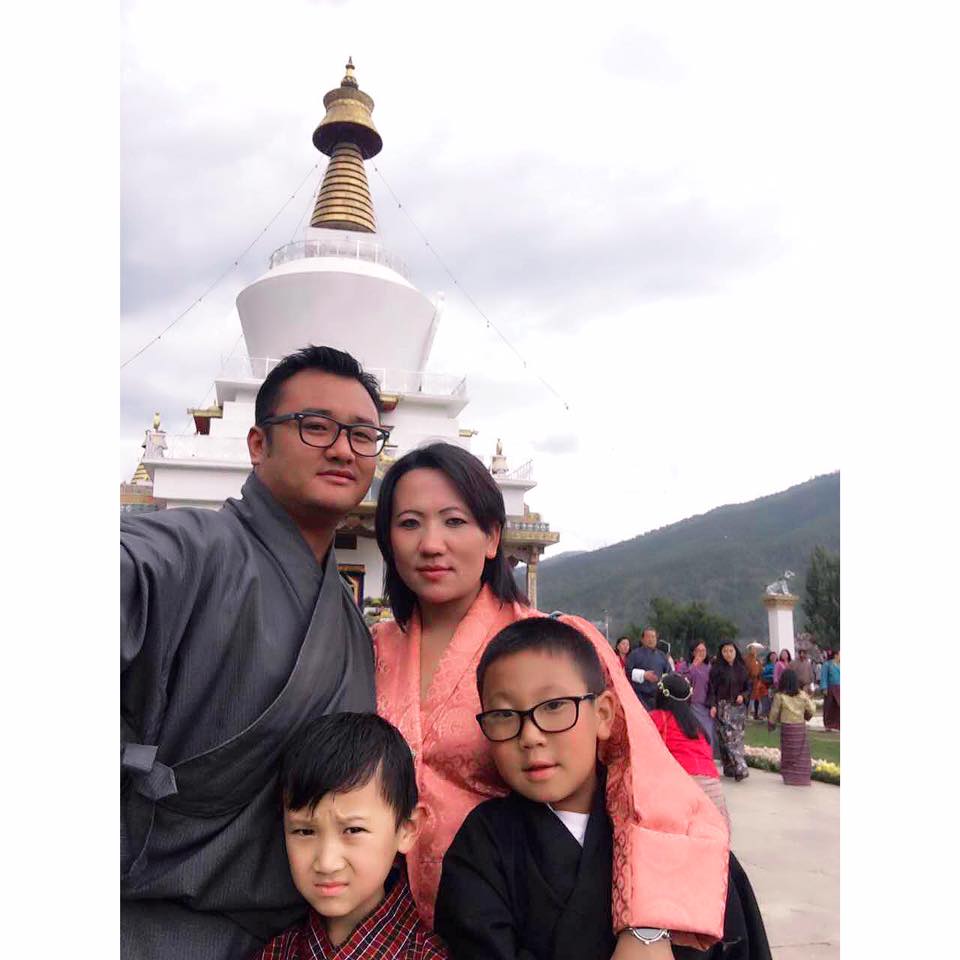
For many Bhutanese people, superstitions play a large role in their daily life. “Whatever you do or see before you start your day matters a lot. For example, if you see someone carrying an empty basket or bucket in the morning, we believe your day will not be fulfilled. Similarly, if you come across someone carrying a basket full of stuff or a bucket full of milk that’s considered very lucky. Every morning before we start our day, it’s very important for us to pray to our deities and to have the right thoughts and mindfulness.”
In English, the dictionary defines superstition as an “excessive or irrational belief in the supernatural”. I ask Namgay if this is the same in Bhutan. “In Bhutan, superstition is both irrational and rational,” he explains. “For the younger generations, superstition is belief arising from ignorance or fear but for the elder generations it’s considered rational.”
So are attitudes to superstition changing? “Yes. I consider myself superstitious as I was brought up in a remote village. But it seems that people living in the cities do not, maybe because now they are exposed to western culture. I have a friend who is doing research on this and now he doesn’t believe in what I believe.” At the same time, there are still areas in Bhutan that practise BON, which Namgay says are even more suspicious than him.
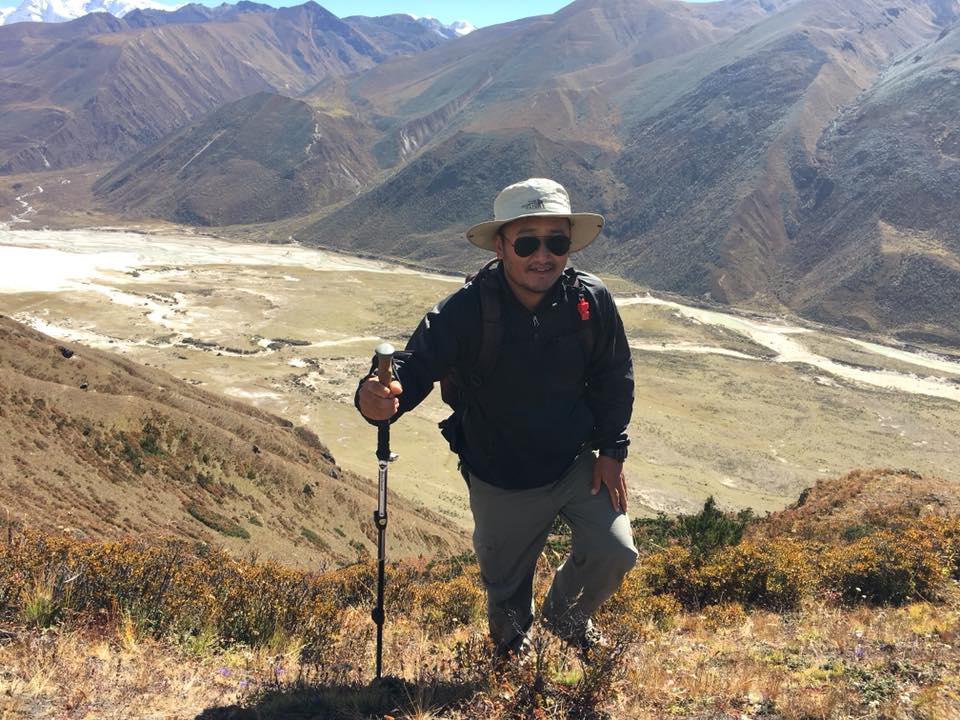
Like the man who swam in the sacred lake, flippant tourists who ignore cultural customs and beliefs are nothing new. But somehow, the thought of doing this somewhere as intensely spiritual as Bhutan feels all the more sacrilegious. Namgay says he has seen many travellers doing something considered bad luck by the Bhutanese people – but most of the time it’s accidental. “Stepping on good luck prayer flags”, for example, is common, and generally “making unnecessary noise on the mountains therefore disturbing mountain spirits.”
Whether you buy into superstitions or not, while travelling in Bhutan we encourage our travellers to respect the local customs. Such unique and entrenched traditions are part of what makes Bhutan so wonderful; travelling here, you will encounter an entirely new perspective and way of life. And the Bhutanese are warm, welcoming and open – if you’re unsure whether something is appropriate, guides like Namgay are more than happy to give you a nudge in the right direction. Generally, it’s not too difficult. Just leave the sacred lakes alone!
CURIOUS ABOUT BHUTAN?
To find out more about holidays to Bhutan, why not download your a complimentary guide?
Get in touch with ETG on 0207 924 7133 or fill out an enquiry form here.
Alternatively, head to the Experience Travel Group homepage to explore our holidays in a little bit more depth.

